
More Helpful Content
Currently, customers are more eager than ever to purchase in many channels and locations, even in many countries, therefore the company must take into account all sale points to access customers easily, including multichannel eCommerce.
However, when starting to sell on multichannel, the problem of bringing a consistent customer experience, especially order fulfillment in all channels is a headache for almost all businesses.
That’s when businesses are struggling to find effective multichannel fulfillment solutions but they may not know exactly what it is, how it works, or the best way to have effective multichannel fulfillment. This article will cover all and give you a comprehensive insight. Let's scroll down right now.
Multichannel fulfillment is a strategy to fulfill orders from various sales channels, such as online marketplaces, e-commerce websites, retail stores, and more. It involves managing inventory and order processing across multiple channels simultaneously. This allows customers to purchase products through their preferred platform while ensuring efficient delivery and customer satisfaction.
This approach streamlines operations and expands the reach of businesses by catering to diverse customer preferences and maximizing sales opportunities across different channels.
>> Learn more:

| Aspect | Multichannel Fulfillment | Omnichannel Fulfillment |
| Definition | Fulfilling orders from multiple sales channels | Seamlessly integrating all sales channels for a unified customer experience |
| Focus | Efficiently managing orders across various channels | Providing a consistent customer experience across all channels |
| Integration | Channels operate somewhat independently | Channels are integrated, allowing for data sharing and synchronization |
| Customer Experience | Customers may have different experiences across channels | Consistent customer experience on channels |
| Inventory Management | Inventory may be managed separately for each channel or centralized. | Inventory is centralized and synchronized across channels |
| Order Fulfillment | Orders are fulfilled separately for each channel | Orders can be fulfilled from any channel or location |
| Communication | Limited communication and coordination between channels | Seamless communication and coordination across channels |
| Goal | Maximizing sales by reaching customers on multiple platforms | Providing a seamless and unified shopping experience |
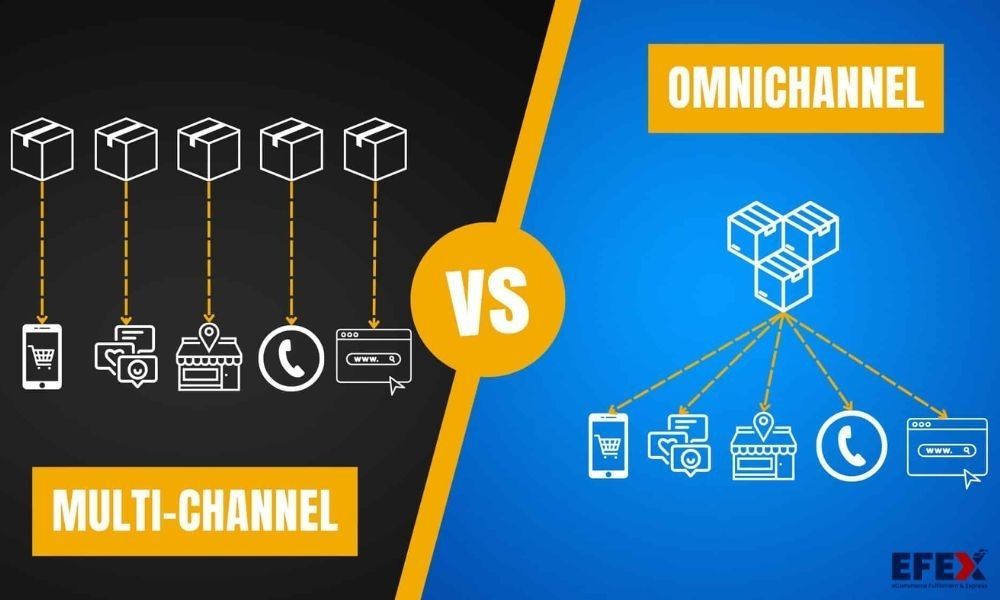
In general, multichannel fulfillment and omnichannel fulfillment offer distinct strategies for catering to customer needs across various sales channels. In multichannel fulfillment, each channel operates independently, managing its inventory and fulfillment processes separately. This strategy can lead to fragmented operations and difficulties in ensuring consistent customer experiences.
In contrast, omnichannel fulfillment seamlessly integrates all sales channels to deliver a unified shopping experience, irrespective of how customers engage with the brand. It emphasizes synchronization between online and offline channels, facilitating features like unified inventory visibility across all touchpoints.
To conclude, while multichannel fulfillment focuses on managing channels separately, omnichannel fulfillment emphasizes cohesion throughout the entire customer journey, resulting in high customer satisfaction and loyalty.
With multi-channel fulfillment services, businesses can gain access to a centralized inventory management system that offers a single platform for overseeing inventory across diverse sales channels. This consolidated approach enables e-commerce enterprises to effectively monitor stock levels, mitigating the risks of both overselling and underselling.
Multi-channel fulfillment services facilitate the streamlining of order fulfillment processes through automation. Tasks such as order picking, packing, and shipping are seamlessly automated, reducing the likelihood of errors while enhancing overall operational efficiency.
By leveraging multi-channel fulfillment services, e-commerce businesses or retailers,... can expedite order shipments. These services grant access to a variety of warehouses and shipping carriers, facilitating quicker order processing and reducing shipping times. Consequently, customers benefit from more swift delivery times, enhancing their overall satisfaction with the overall purchasing experience.
Multi-channel fulfillment services provide opportunities for e-commerce businesses to reduce shipping expenditures. Through access to discounted shipping rates and negotiations with carriers, these services enable enterprises to optimize their shipping costs, leading to significant savings over time.
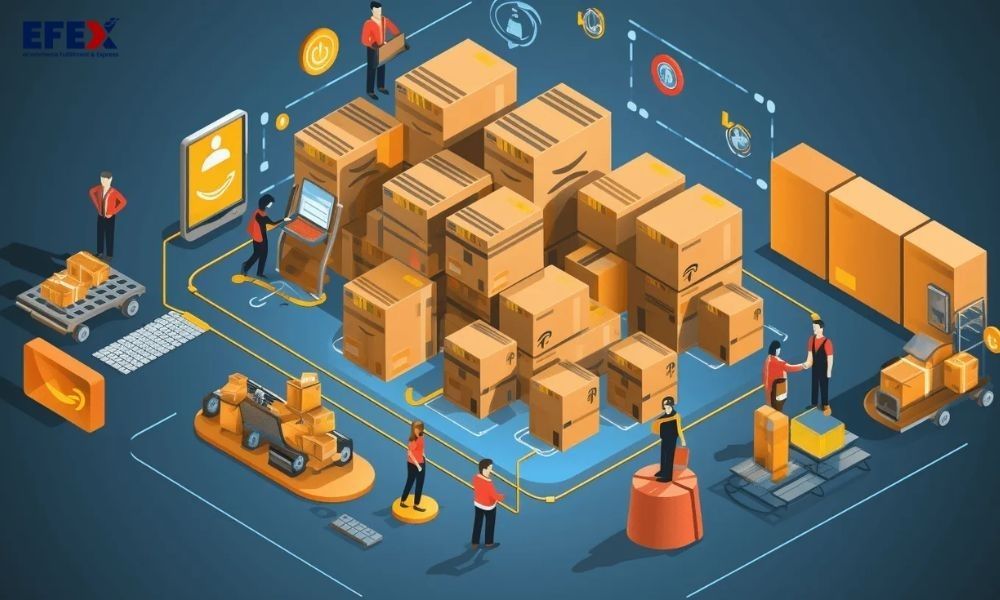
Multi-channel fulfillment service plays a pivotal role in elevating the customer experience. By ensuring prompt and reliable shipping, accurate order tracking, and responsive customer support on sales channels, these services contribute to heightened customer satisfaction. Ultimately, businesses can foster stronger customer relationships and loyalty through consistently positive purchasing experiences.
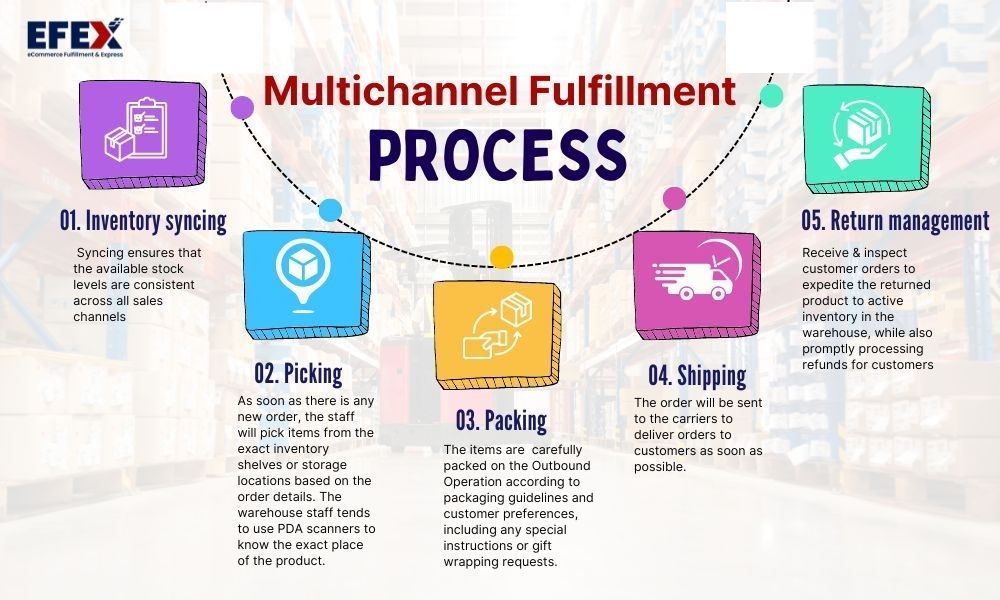
A scalable fulfillment partner can swiftly adjust inventory, warehouse operations, and shipping capabilities whenever needed. Seek out a partner renowned for its adaptability, capable of managing all orders seamlessly through a unified platform and warehouse network, and poised to grow alongside you, effortlessly handling unexpected surges in demand.
A top-notch multichannel fulfillment partner is like having an invaluable asset on your team. Equipped with cutting-edge technology, they offer unparalleled visibility into order statuses, inventory levels, and even last-mile carrier tracking.
However, your fulfillment partner should also act as your guide, helping you navigate your customer landscape and fine-tune your delivery speed and cost-to-serve for maximum efficiency.
Furthermore, aiming to team up with a partner who excels at deciphering sales patterns and seasonal trends empowers you to make informed decisions about inventory management and even automate reorder points for smoother operations. With the right partner by your side, success is within reach!
Seeking a partner with an extensive warehouse network offers numerous advantages. Firstly, it enhances your reach, allowing you to store inventory closer to your customers, which can significantly reduce shipping times and costs as well as increase customer satisfaction.
Additionally, a widespread network provides flexibility and scalability, enabling you to adapt to fluctuations in demand and efficiently manage inventory levels across different regions or markets. Moreover, having multiple warehouse locations can serve as a safeguard against unforeseen disruptions, ensuring continuity in your supply chain operations.
Currently, various 3rd-party companies worldwide provide a multichannel order management system attached to fulfillment service. This software streamlines your operations by consolidating all orders from a wide range of sales channels into a single platform, simplifying order processing, and management as well as reducing the risk of errors.
This centralized system also provides real-time visibility into order statuses, inventory levels, and customer data across all channels, enabling you to make informed decisions and improve overall efficiency.

One crucial aspect of thriving in multi-channel fulfillment is thorough market research and understanding. While you might excel in one marketplace like Amazon, transitioning to platforms like eBay could present unique challenges.
Expanding to multiple marketplaces requires careful consideration of associated selling costs. After assessing these expenses, it's essential to adjust your pricing strategy to maintain desired profit margins.
Additionally, ensure that your products align with the requirements of each marketplace to avoid inadvertently breaching regulations and inconveniencing customers. Being mindful of marketplace compatibility safeguards against potential issues and fosters smoother transactions.
Regularly monitor key performance indicators (KPIs) to identify areas for optimizing your multi-channel fulfillment process continuously. These are some indicators you can monitor carefully:
To achieve an effective multichannel fulfillment approach, brands need to grasp their current operational capabilities in real-time. Utilizing a Warehouse Management System (WMS), companies can monitor SKU inventory, order status, and fulfillment capacity, facilitating streamlined management across various sales channels.
By harnessing the capabilities of a WMS, brands can pinpoint the most efficient fulfillment location, whether it's a retail store or a distribution center, to swiftly meet customer orders and enhance satisfaction levels. Without this real-time oversight, maintaining inventory synchronization becomes challenging, increasing the risk of stockouts or mishandled customer orders.
Maximizing sales is a top priority for any business. However, it's crucial to strike a balance and avoid overextending your production capabilities.
While rapid inventory turnover is a key indicator of success, it's essential to avoid turnovers so swift that you struggle to keep pace. This situation can lead to customer dissatisfaction due to long wait times or unfulfilled orders.
Conversely, stockpiling excess inventory is neither cost-effective nor practical. It's wise to avoid purchasing more stock than necessary.
A practical approach is to ensure your inventory levels match your listing quantities across different channels. For example, if you have only 10 items available, refrain from listing 10 on every platform. Instead, distribute listings evenly among channels to maintain availability and manage customer expectations.
The last thing you want is to disappoint customers by explaining that their purchase is unavailable due to over-listing. Striking this balance ensures smooth operations and enhances customer satisfaction.
The success of your multichannel fulfillment strategy hinges on the capabilities of your 3PL partner. Without effective coordination across various channels, delivering a consistent customer experience becomes a significant challenge. By teaming up with an experienced multichannel fulfillment provider, your business gains access to timely insights for effortless order and inventory management.

EFEX stands out as the pinnacle of multichannel fulfillment excellence combined omnichannel fulfillment flexibly, offering a seamless and integrated approach to order fulfillment. Whether you're selling on your website or online marketplaces, EFEX integrate all sales channels via a unified platform with our Order Management System to streamline your operations and elevate your customer experience.
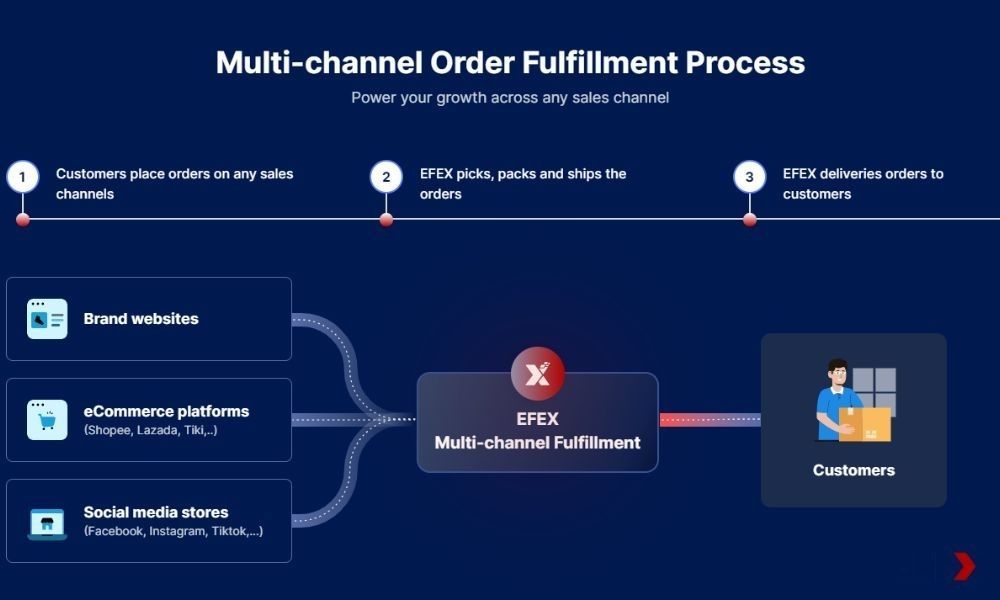
What sets EFEX apart is our commitment to providing a holistic solution that covers every aspect of the fulfillment journey. From warehousing and inventory management to order processing, picking, packing, and shipping, we will be covered with precision and enthusiastic care.
With our state-of-the-art technology and robust network of warehouses and shipping carriers, we ensure that your orders are fulfilled accurately and efficiently.
EFEX is strategically located in potential markets such as Vietnam, Japan, Philippines, Indonesia, Malaysia, and the USA with the unique features in the world:
👉 Read More: Ecommerce Order Fulfillment Guide: Process And Strategy To Improve
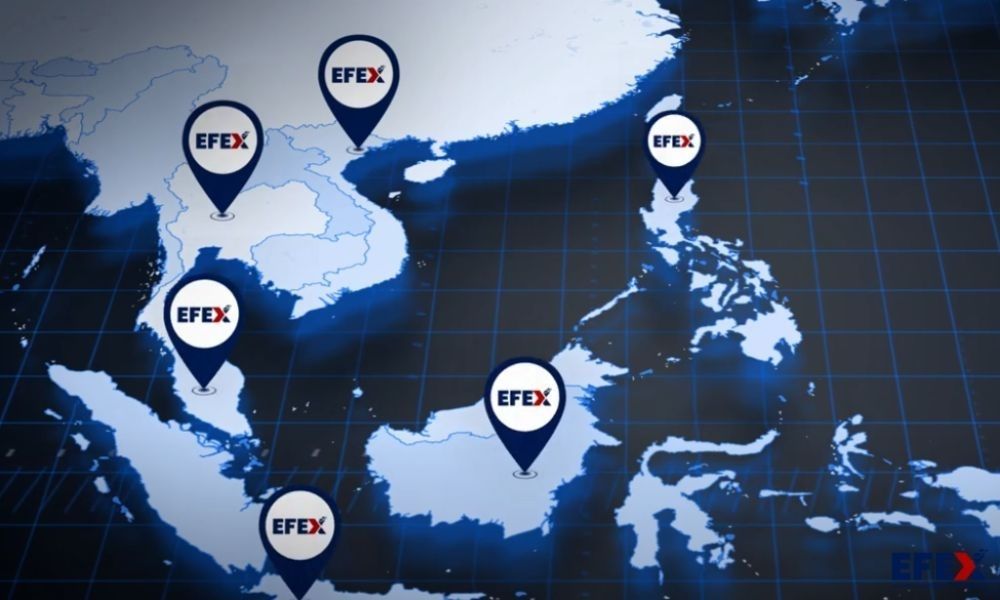
Above is all the information you should know about multichannel fulfillment. We hope that this article will be helpful for your business on the way to expand and boost your business.
However, if you are researching an effective multichannel fulfillment solution, let’s consider EFEX - the end-to-end multichannel fulfillment partner of over 200+ sellers worldwide.
EFEX is always devoted to perfecting every shipment that leaves our facility. We are constantly brainstorming and innovating to bring unforgettable unboxing moments to your customers. It's our mission to make your brand exceed your customer expectations.


